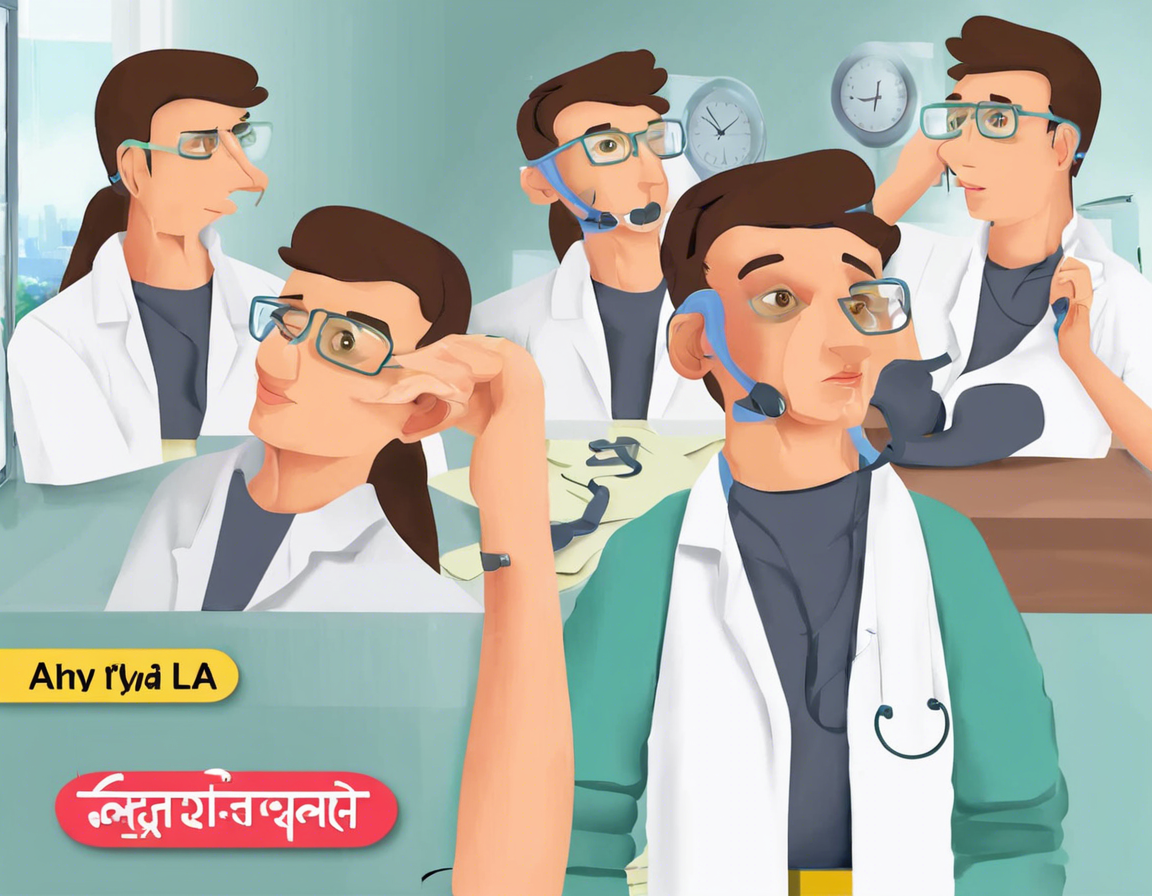Introduction
Thyroid disorders are common conditions that affect the thyroid gland, a small butterfly-shaped gland located in the front of the neck. The thyroid gland plays a crucial role in regulating various bodily functions, including metabolism, energy production, and hormone balance. When the thyroid gland malfunctions, it can lead to a range of health issues and symptoms. In this comprehensive guide, we will delve into the different types of thyroid disorders, their causes, symptoms, diagnosis, treatment options, and lifestyle tips for managing thyroid health.
Types of Thyroid Disorders
1. Hypothyroidism: Hypothyroidism occurs when the thyroid gland does not produce enough thyroid hormones. This condition can result in symptoms such as fatigue, weight gain, cold sensitivity, and depression.
-
Hyperthyroidism: Hyperthyroidism is the opposite of hypothyroidism, where the thyroid gland produces an excess of thyroid hormones. Symptoms of hyperthyroidism include weight loss, rapid heart rate, anxiety, and tremors.
-
Hashimoto’s Thyroiditis: This is an autoimmune condition where the immune system attacks the thyroid gland, leading to inflammation and reduced thyroid function. Hashimoto’s thyroiditis is a common cause of hypothyroidism.
-
Graves’ Disease: Graves’ disease is another autoimmune disorder where the immune system stimulates the thyroid gland to produce excess hormones. This condition is a leading cause of hyperthyroidism.
Causes of Thyroid Disorders
– Autoimmune Disorders: Conditions such as Hashimoto’s thyroiditis and Graves’ disease are caused by the immune system attacking the thyroid gland.
-
Iodine Deficiency: Iodine is essential for the production of thyroid hormones. A lack of iodine in the diet can lead to hypothyroidism.
-
Genetics: Family history can play a role in the development of thyroid disorders.
-
Thyroid Nodules: Abnormal growths on the thyroid gland can lead to either hypothyroidism or hyperthyroidism.
Symptoms of Thyroid Disorders
The symptoms of thyroid disorders can vary depending on the type of disorder and whether the thyroid gland is overactive or underactive. Common symptoms include:
– Fatigue
– Weight changes
– Hair loss
– Dry skin
– Muscle weakness
– Irregular menstrual periods
– Mood changes
Diagnosis of Thyroid Disorders
Diagnosing a thyroid disorder involves a combination of medical history, physical examination, and laboratory tests. The following tests may be conducted:
– Thyroid Function Tests: These blood tests measure levels of thyroid hormones (T3 and T4) and thyroid-stimulating hormone (TSH).
-
Antibody Tests: These tests can help detect autoimmune thyroid disorders.
-
Thyroid Ultrasound: An ultrasound can provide a detailed image of the thyroid gland and any nodules.
-
Fine-Needle Aspiration: This procedure may be done to evaluate thyroid nodules for cancer.
Treatment Options
Treatment for thyroid disorders depends on the specific condition and its underlying cause. Common treatment options include:
– Medication: Thyroid hormone replacement therapy is often prescribed for hypothyroidism.
-
Anti-thyroid Medications: These drugs help reduce the production of thyroid hormones in hyperthyroidism.
-
Radioactive Iodine Therapy: This treatment may be used to destroy thyroid tissue in hyperthyroidism.
-
Surgery: In some cases, surgical removal of part or all of the thyroid gland may be necessary.
Lifestyle Tips for Managing Thyroid Health
– Eat a Balanced Diet: Include foods rich in iodine, selenium, and zinc to support thyroid function.
-
Manage Stress: Chronic stress can impact thyroid health, so incorporate stress-reducing activities into your daily routine.
-
Get Regular Exercise: Exercise can help boost metabolism and improve overall health.
-
Stay Consistent with Medications: If you are on thyroid medication, be sure to take it as prescribed by your healthcare provider.
-
Monitor Your Symptoms: Keep track of any changes in symptoms and report them to your healthcare provider.
FAQs (Frequently Asked Questions)
1. Can thyroid disorders be cured?
Thyroid disorders are typically chronic conditions that require lifelong management. However, with proper treatment and lifestyle changes, symptoms can be effectively controlled.
2. Are thyroid disorders hereditary?
There is a genetic component to thyroid disorders, meaning they can run in families. Individuals with a family history of thyroid disorders may have a higher risk of developing one themselves.
3. Can diet affect thyroid health?
Yes, diet plays a crucial role in supporting thyroid health. Consuming a balanced diet rich in nutrients like iodine, selenium, and zinc can help maintain optimal thyroid function.
4. Can stress worsen thyroid disorders?
Chronic stress can impact thyroid function and exacerbate symptoms of thyroid disorders. Managing stress through relaxation techniques, mindfulness, and regular exercise can benefit thyroid health.
5. Is it safe to take thyroid medication during pregnancy?
It is important for pregnant women with thyroid disorders to continue their medication as prescribed by their healthcare provider. Untreated thyroid disorders during pregnancy can pose risks to both the mother and baby.
In conclusion, understanding thyroid disorders is essential for effective management and optimal health. By learning about the different types of disorders, their causes, symptoms, and treatment options, individuals can take proactive steps to support their thyroid health and overall well-being. If you suspect you may have a thyroid disorder, consult a healthcare provider for proper diagnosis and treatment.
